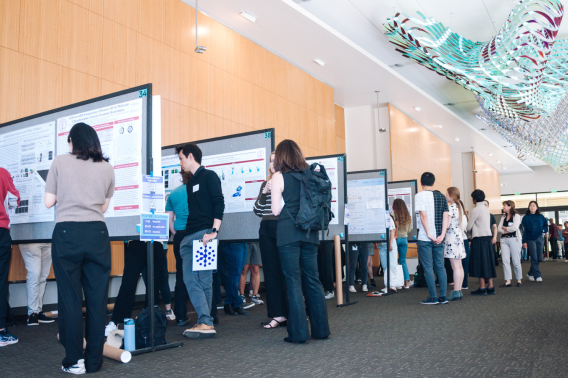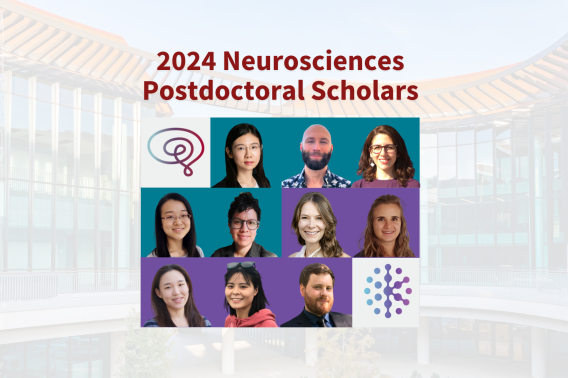
Natasha K. Hussain
As the inaugural Associate Director, Dr. Hussain designed and developed new initiatives and oversaw program operations that support the mission of the Knight Initiative for Brain Resilience. In her leadership role, Natasha facilitated community and research collaborations to advance discoveries that support human brain function, health, and longevity.
She went on to serve as the Executive Vice President of Research Management at the Cure Alzheimer's Fund, continuing her commitment to advancing neuroscience and research on neurodegenerative diseases. Prior to joining the Knight Initiative, Natasha was the scientific director of the Johns Hopkins Kavli Neuroscience Discovery Institute, focused on fostering transdisciplinary research among neuroscientists, engineers, and data scientists.
Natasha received a BSc from McGill University in Montreal, QC, Canada where she completed a double major in biology and environmental science. Natasha continued in her doctoral training at McGill University’s Montreal Neurological Institute, where she earned a PhD in neurology and neurosurgery. With applied expertise in biochemistry and molecular and cell biology, she contributed several central discoveries in neuroscience. Her studies focused on presynaptic endocytic recycling related to cell cytoskeletal dynamics, Rho GTPases mediated signal transduction, and the functional characterization of proteins implicated in Down’s syndrome and Alzheimer’s disease neuropathology. She conducted her postdoctoral training at MIT in the Picower Institute for Learning and Memory, Cambridge, MA, where she studied molecular components of synaptic plasticity. Her research also focused on elucidating the cell biology and physiology of a family of protein kinases that are genetically linked to psychiatric disorders, and to determine their roles in the development and function of synapses.

